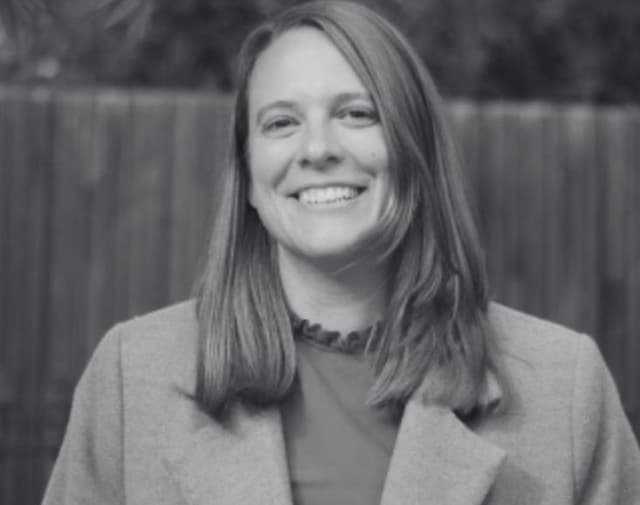
Trauma-Informed Responses to Challenging Behaviour (45 minutes)
Go to
Course Summary
Course Content

Trauma-Informed Responses to Challenging Behaviour
Introduction
Trauma-informed practice and teacher wellbeing
How do you define behaviour?
Understanding behaviour
Trauma and the brain
Using regulation strategies
De-escalation and maintaining safety
The importance of relationships
Proactive trauma-informed strategies
Reflection
Congratulations
Course Writers

Megan Corcoran is a wellbeing consultant and Director at Wagtail Institute. She spent 12 years teaching and leading in alternative schools, working with young people who had experienced childhood trauma, often lived in out of home care and were experiencing disadvantage. She has a Masters in Applied Positive Psychology and teaches a Positive Psychology subject at Monash University. She is passionate about the wellbeing of students and staff in schools and loves sharing wellbeing science and trauma-informed practice with teachers.